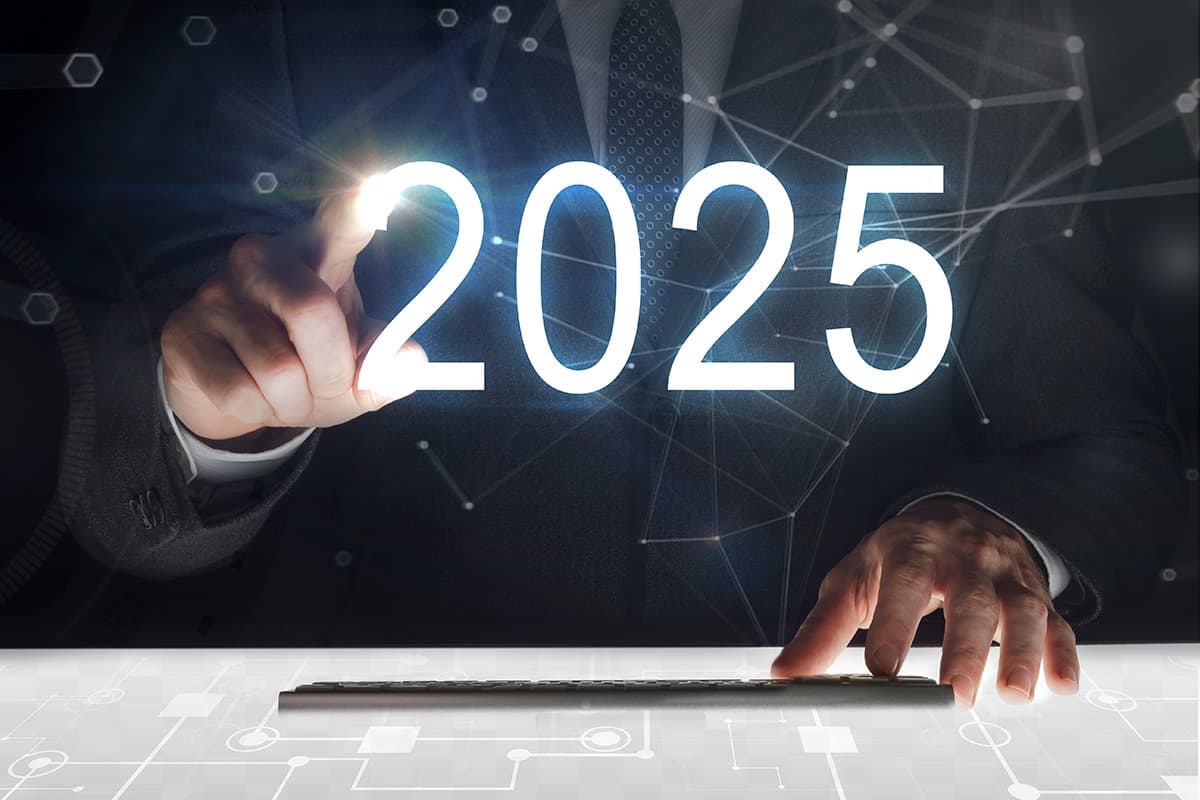The Impact of Emerging Technologies on the World in 2025
In 2024 will see technology continue to change how we interact with one another, live, and work. Innovations in augmented and virtual reality (AR/VR) and artificial intelligence (AI) are changing many industries, improving user experiences, and opening up whole new worlds of possibilities.

The Power of Artificial Intelligence
Artificial intelligence is now a disruptive force in many industries. AI has developed from simple machine learning algorithms to complex systems that can now carry out tasks that were previously thought to require human intelligence. Prominent corporations such as Microsoft and OpenAI are leading this revolution, with individuals like Ilya Sutskever, co-founder of OpenAI, driving research into the capabilities of artificial intelligence.
Chatbots and other AI-powered tools are becoming commonplace in daily life. For instance, OpenAI's ChatGPT is revolutionizing customer service for businesses by providing quick, precise, and natural-sounding responses. AI has applications in healthcare (where it helps diagnose illnesses), finance (where it automates trading strategies), and education (where it customizes learning experiences) in addition to customer service.
The Use of AI in Automation
AI models are also automating a number of sectors, including marketing and manufacturing. AI systems increase an organization's efficiency and competitiveness by analyzing large data sets, spotting trends, and providing timely, actionable insights. Artificial intelligence (AI)-enabled automation is cutting costs and increasing productivity, but it also raises questions about job displacement.
Using Augmented Reality to Improve the Real World The use of augmented reality (AR) in daily life is growing. Augmented Reality (AR) enhances experiences in industries like retail, education, and healthcare by superimposing digital elements onto the real world. Customers can virtually try on clothing, see how furniture looks in their homes, and navigate challenging environments using real-time data, for example, thanks to augmented reality (AR). Businesses are utilizing augmented reality (AR) more and more to offer improved shopping experiences, and the healthcare industry is using it to assist surgeons with real-time data visualization during procedures. The capacity to combine the physical and digital realms is creating new opportunities for innovation. Virtual Reality: Immersion-Based Experiences On the other hand, fully immersive environments where users can interact with a computer-generated world are being created through virtual reality (VR). Virtual reality is becoming more and more popular in the gaming industry, but it's also being used in real estate, education, and even virtual travel. Without having to leave their homes, users can use it to travel to far-off places, practice simulated skills, and even attend virtual events. By 2025, virtual reality will have grown even more and become more useful for daily tasks. While businesses use VR for more engaging training and collaboration, educational institutions are using it to create immersive learning experiences. Challenges and Considerations in Ethics The ethical issues around these technologies change as they do. Particularly with regard to privacy, bias, and accountability, AI has brought up significant issues. To prevent unforeseen consequences, the growing use of AI in decision-making processes—whether in lending, hiring, or law enforcement—needs rigorous regulation. Similar worries about addiction or a blurring of the boundaries between simulation and reality are raised by the immersive nature of AR and VR. It will be crucial for businesses and governments to responsibly navigate these challenges as technology continues to shape the future. Conclusion In 2025, technology will change the world at a rate never seen before. The technologies of the future, such as AI, AR, and VR, are already here and transforming a variety of industries and daily life. The possibilities for developing more integrated, effective, and immersive experiences are virtually endless with ongoing progress. In the future, ensuring that these technologies benefit society as a whole will depend on finding a balance between innovation and ethical responsibility.